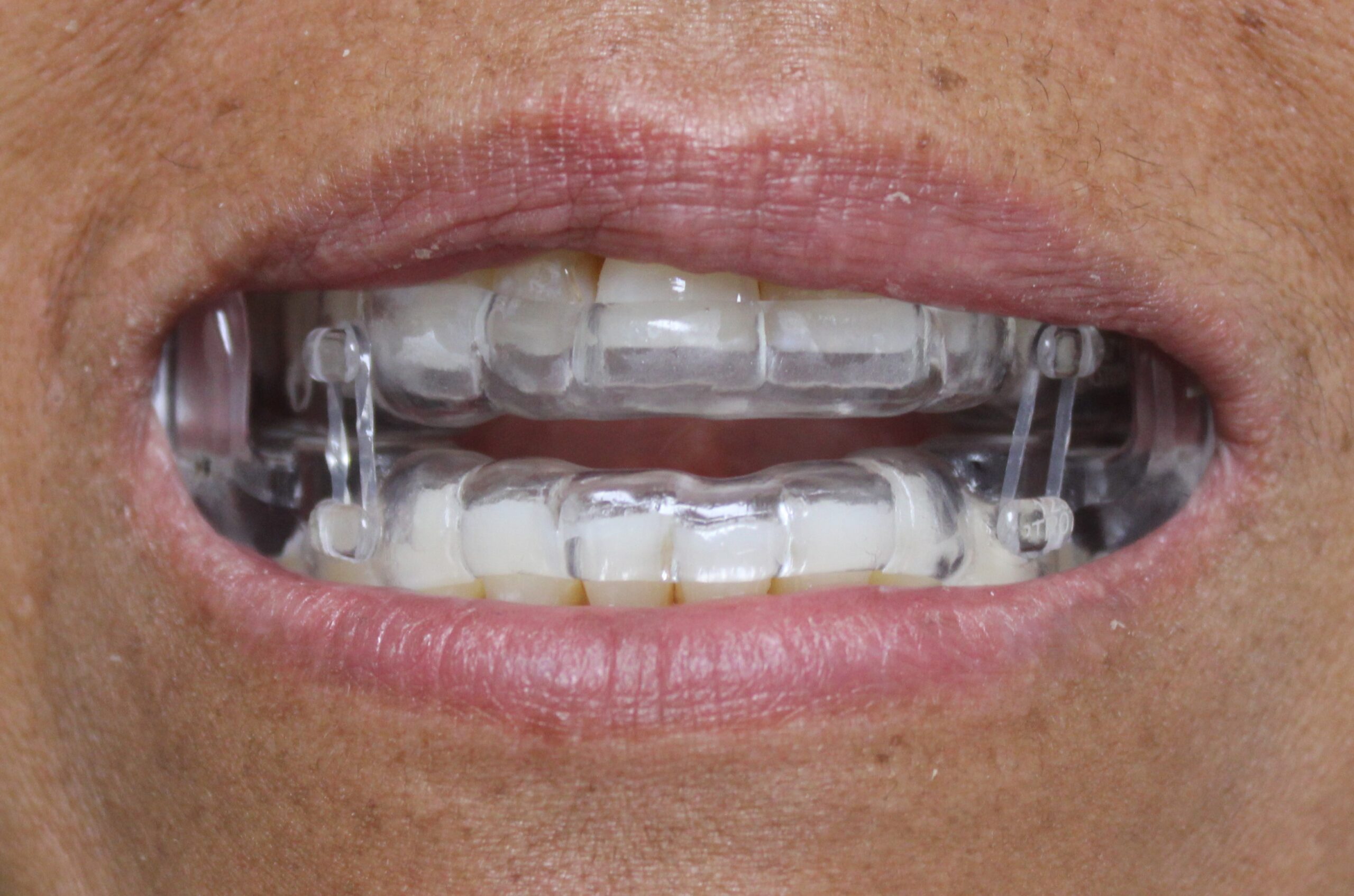How We Treat Sleep Apnea

What is Oral Appliance Therapy?
Is Oral Appliance Therapy Right For Me?
- Have been diagnosed with mild to moderate obstructive sleep apnea, in many cases even severe OSA
- Want to try an alternative treatment option to a CPAP machine
- Are CPAP intolerant
- Have undergone corrective surgery but still have little to no relief from their sleep apnea
- Need a more portable sleep apnea treatment
- Could benefit from combined therapy
How Oral Appliance Therapy Can Help CPAP Patients
Studies indicate that up to 50% of individuals prescribed to use a CPAP machine fail to comply with the treatment. This non-compliance is often due to the machine's noise, bulkiness, inconvenience, and the discomfort of wearing the mask.
Fortunately, there's an alternative treatment option known as oral appliance therapy that addresses these issues. These custom-made appliances are silent, easily portable, and offer immediate relief from sleep apnea while ensuring enhanced comfort. They can also be used alongside a CPAP machine for combined therapy. It's important to note that oral appliance therapy may not be suitable for everyone, so it's advisable to consult with your sleep doctor and Dr. Hiral Desai before considering this option.
What to Expect After Getting an Oral Appliance
- Jaw tension, clicking, or popping while it adjusts to the new resting position
- Slight soreness in the teeth or gums
- More or less saliva being produced in the mouth
- A change in the feeling of the bite
A Word From the AASM and the AADSM
The American Academy of Sleep Medicine (AASM) and the American Academy of Dental Sleep Medicine (AADSM) are esteemed organizations that establish guidelines for preventing, diagnosing, and treating sleep apnea in the United States. These organizations equip doctors like Dr. Hiral Desai with the latest research, certifications, and ongoing education.
As authorities in the field of sleep apnea, they advise patients to consider the following factors when contemplating oral appliance therapy and overall treatment for sleep apnea:
- Patients who consistently snore should consult with a sleep dentist to rule out sleep apnea as a potential cause. While not all snorers have sleep apnea, it could indicate suboptimal sleep quality. Custom-made oral appliances, provided by licensed practitioners like Dr. Hiral Desai, can effectively address snoring.
- Although there are various generic oral appliances available for purchase at stores or online, they should generally be avoided. These appliances are typically designed to fit a broad range of individuals and may not yield the same results as a custom-made appliance. Moreover, they can often cause jaw discomfort and exacerbate sleep apnea symptoms. It is advisable to obtain an oral appliance only through a qualified sleep dentist.
- If a patient is unable or unwilling to consistently use their CPAP machine due to intolerance or non-compliance, they should consult their sleep doctor to explore whether oral appliance therapy could serve as a viable alternative. Upon their recommendation, patients can collaborate with Dr. Hiral Desai to receive an appropriate appliance.
- Following the fitting of an oral appliance, patients will undergo additional sleep studies to ensure the device effectively reduces sleep apnea symptoms. Periodic visits to their sleep dentist may also be necessary to ensure the appliance remains in optimal condition.
For further information about oral appliance therapy and its potential benefits, please contact Dr. Hiral Desai for a consultation today. He is ready to address any inquiries you may have and ensure you receive the necessary treatment.

